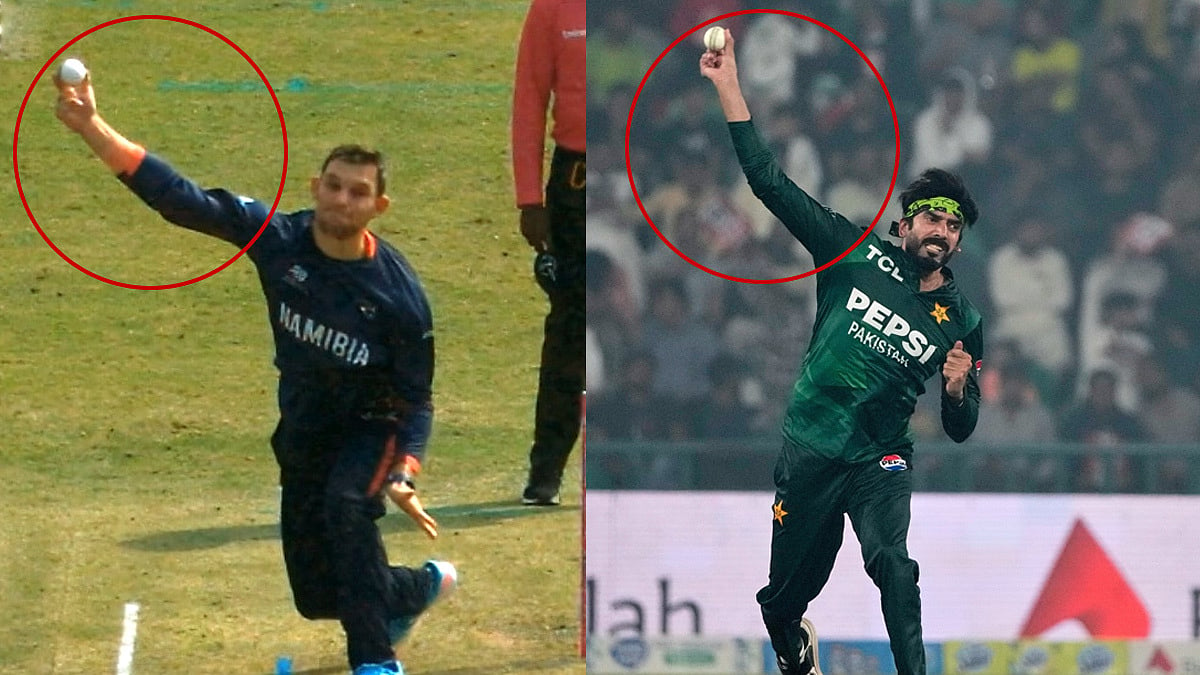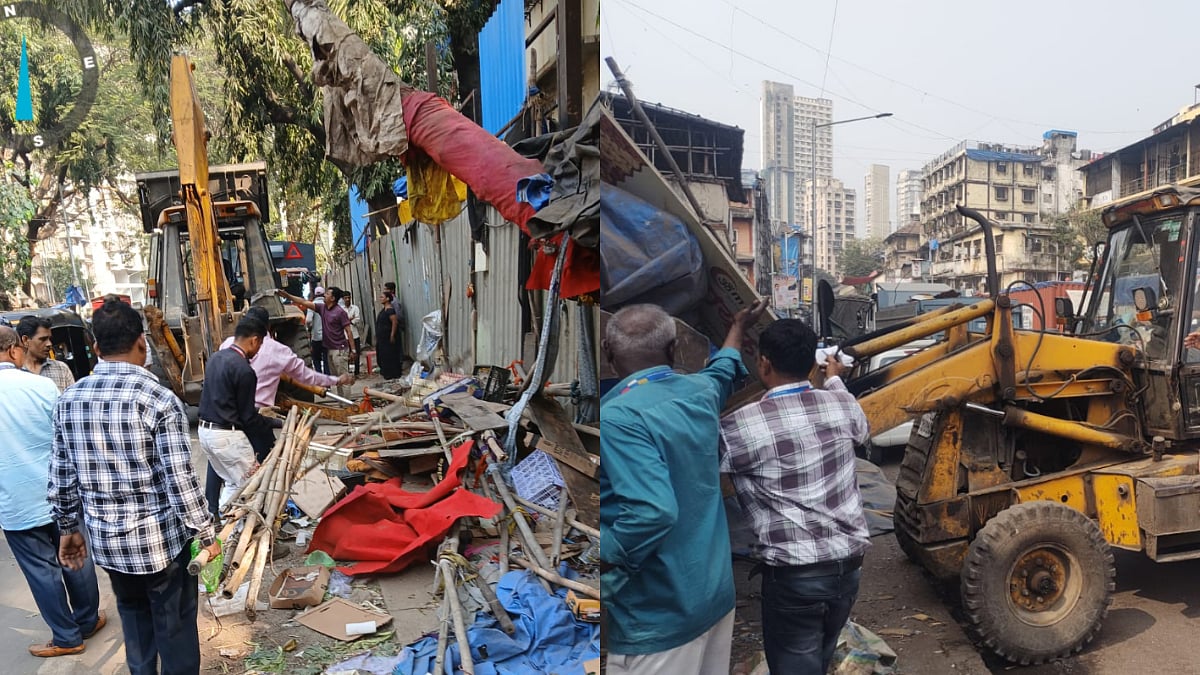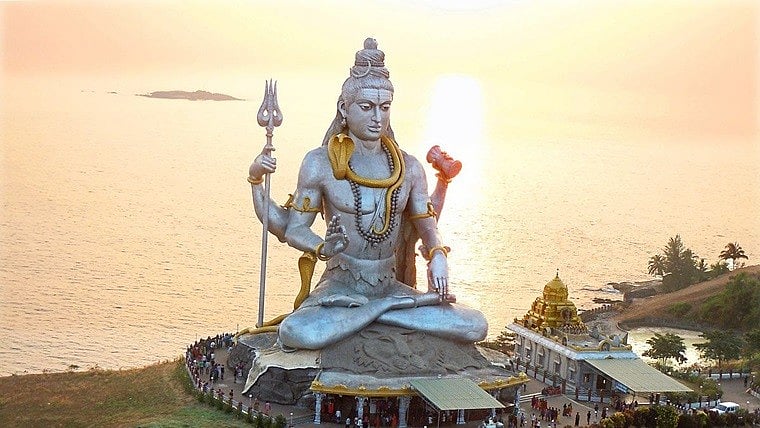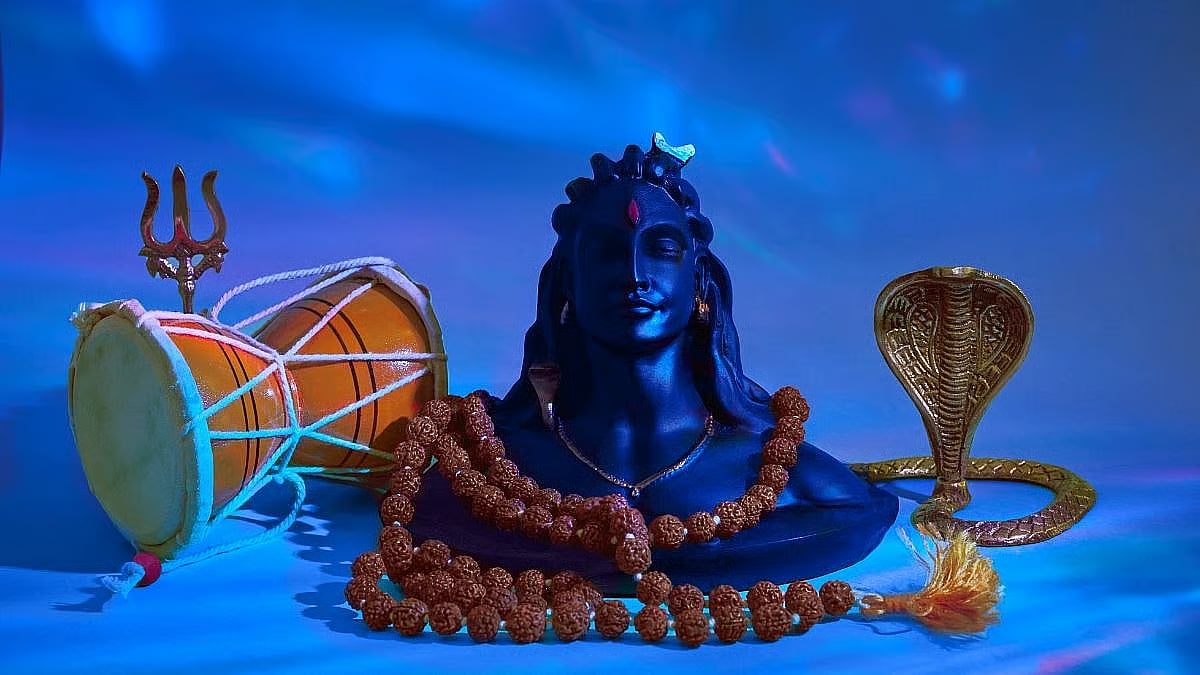In a riveting and incisive 90-minute interaction with the Indian Civil and Administrative Officers Association, Sadhguru - Founder, Isha Foundation – exhorted the officers to build trust between the administrators and the administered to improve efficiency and effectiveness of governance.
He said officers in the civil services with a 25 to 30-year career were better placed than political leaders with shorter shelf lives, to bring enduring transformation to the Nation.
Terming the administrative services “the spine of the Nation” Sadhguru said it was important to inspire a new generation of IAS officers at this “crucial time for the Nation (because) what we do in the next five years may determine what will happen in the coming century.”
The online session was part of the ‘In Challenging Times with Sadhguru’ series and was anchored by Dr. Sanjeev Chopra, IAS (1985 West Bengal) Director, Lal Bahadur Shastri National Academy of Administration. Officers from around the country participated in the session asking questions mostly related to improving personal and systemic effectiveness in administration. They included Sri. Rajesh Lakhoni, IAS (1992 Tamil Nadu) Principal Secretary, Housing and Urban Development, Government of Tamil Nadu; Sri. Amit Kumar Ghosh, IAS, (1994 , Uttar Pradesh) General Secretary, Indian Civil & Administrative Officers Association Joint Secretary, GOI M/O Road Transport & Highways, New Delhi; Sri. J.M. Balamurugan, IAS, (1994 Punjab) Principal Secretary to Governor, Punjab; Smt. Vijayalakshmi Bidari, IAS (2001 Maharashtra) Controller, U R Rao Satellite Centre (ISRO); Sri Dr. Milind Ramteke, IAS, (2009, Tripura) Deputy Director, Lal Bahadur Shastri National Academy of Administration (LBSNAA); and Sri Kaushal Raj Sharma, IAS, (2006 Uttar Pradesh) District Magistrate, Varanasi.
Dr. Sanjeev Chopra, who introduced Sadhguru and moderated the session said that the Association was one of the oldest civil service organizations. He opened the session by asking Sadhguru how officers can adopt IAS’ service motto: Yogah Karmasu Kaushalam.
“The word Yoga means Union. If you do not take your individual nature too seriously, you’re naturally in Yoga. Union is only possible when you’re inclusive in nature. If you’re absolutely inclusive in nature and then you act, the best will come out of you,” Sadhguru explained.
Two of the officers, Sri. Rajesh Lakhoni and Sri. J.M. Balamurugan, sought Sadhguru’s insights on decision-making dilemmas, upholding the law vs. taking a humanitarian approach, dealing with ambiguous laws that dilute impact and the persistence of feudalism masquerading as democracy.
“The basic infrastructure for feudalism is caste system,” said Sadhguru, adding that in rural India, people are part of the caste system because it gives them social security. He said that unless the country can institutionalize universal social security, the caste system was unlikely to fade away in the near future.
“As a civil administrator, you are supposed to just go by the law. Your humanity is fine but you can exert your humanity only within the framework of law,” Sadhguru asserted. “If we weaken (the law), we won’t have a structure.”
Calling for transforming or repealing ambiguous, archaic laws, Sadhguru said, “The British made laws to be successful in their conquest. The laws were not made for the people but for administrators to control people.” Indian citizens generally find the prospect of engaging with government offices and legal systems, hugely daunting which has led to an unregulated spawning of middle agents, breeding corruption and apathy.
Sadhguru spoke at length about the country’s ambivalence towards acknowledging its ancient and rich legacy that had stayed alive despite 800-900 years of cruel invasions and an occupation history lasting nearly 250 years. He said no other culture had looked at the human mechanism in its full profoundness “with the depth and dimension that we have looked at it here.” He was responding to a question from Sri. Amit Kumar Ghosh on why raising human consciousness was important.
“There is only one problem on this planet – that’s the human being. The only solution to this is raising the human being to another level of function and experience. If human beings thought, felt and acted differently, they would become the greatest solution. Right now, the way they’re thinking, feeling and acting is a massive problem.”
Stating that society, nation and world were just words, Sadhguru asserted, “There are no such things, there’s only individual human beings – you and me” and added that without individual transformation there was no possibility of changing the world."
Milind Ramteke wanted to know how to keep up the morale of civil servants to ensure rapid socio-economic progress within the ambit of legal framework. Sadhguru replied that the IAS motto Yogah Karmasu Kaushalam was the way – to establish oneself in Yoga and then act in the world.
To a question on how to improve general perception about civil services from Vijayalakshmi Bidari, Sadhguru suggested that the IAS officers of the country must “speak to the youth of this nation” periodically as a trust building exercise because without trust the image of the services would not improve. He also emphasized training front office staff in public relations as they interface between government departments and citizens.
When the District Magistrate of Varanasi Kaushal Raj Sharma asked how one can be detached from fruits of karma (action) while in public service, Sadhguru joked, “It looks like all of you are experts on the Gita. It’s only me who is ignorant.”
Sadhguru said that administrative officers, business and social leaders can effect a “silent revolution” and transform the trajectory of the Nation with greater impact than political leaders with shorter and more unstable tenures. “When you’re spending 25-30 years of your life on something, it should be impactful,” he said, adding that a leader’s ability to bring people together will determine the breadth and depth of their impact and cited the landing on the moon as an example.
“Maybe only one man landed on the moon but how many thousands and thousands of people worked to put that man on the moon.” He said those who have the privilege of impacting millions of lives must always do “what is best for all the people we administer.” This can only be achieved when we stop looking at life through rigid moral filters of right, wrong, black and white. Those appointed to bring wellbeing to the citizens must do whatever it takes to create a positive impact, he said. “Action is about impact; life is about profoundness of experience – it’s my wish and blessing that you should have both.”
Sadhguru congratulated all administrative services at local, regional and national levels for their “exemplary and fantastic” service during the pandemic. “My blessings for you to have the necessary strength and determination to keep this on. Best wishes for all of you to be able to hold up the spine of India so that it can stand up to these challenging times and come out victorious,” he said.
The episode was aired live on 30 May. Sadhguru has been speaking to several groups including business leaders, physicians, healthcare workers, academicians, industry bodies, security forces and others as part of the ‘In Challenging Times with Sadhguru’ series. He has also spoken with celebrities and sportspersons besides local, domestic and international media channels.










